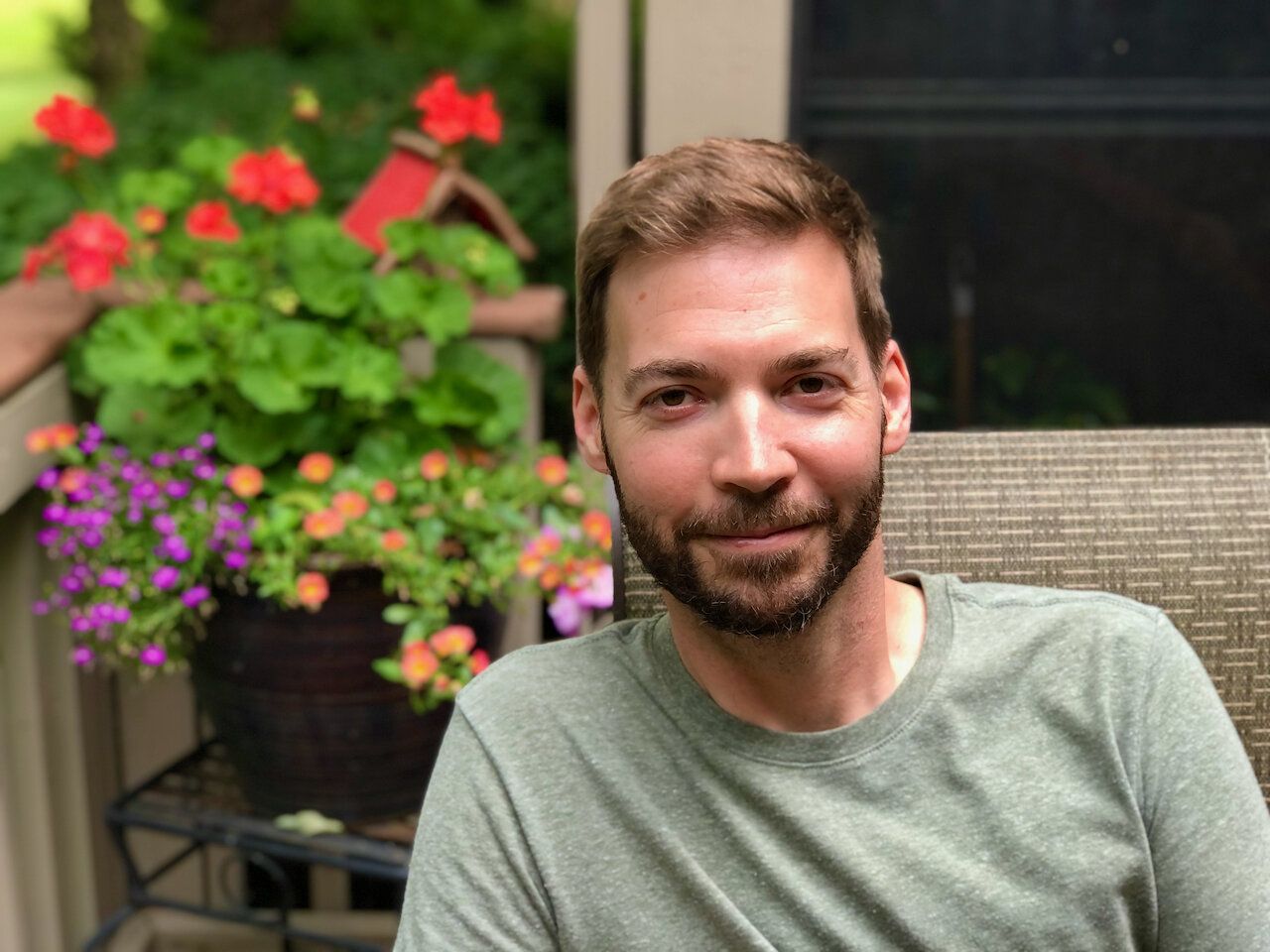Transformative Transitions
Nov 1
/
Aaron Stamper

Having said my final goodbyes to my parishioners and friends, I closed the door to my home for the last time. I was headed east along with the remaining items that didn’t fit on the moving van. I had discerned a call to leave my position as a congregational pastor, move back to the state in which I had grown up, and pursue new and uncertain vocational opportunities there. I was not prepared for how elusive those new vocational opportunities would be.
Momentous transitions have been a frequent companion in my life. My wife and I moved seven times since our “I dos” almost twenty years ago. This time, however, I did not have an educational program or job waiting for me. After settling into our temporary housing arrangement in my in-law’s home, I dedicated my time to researching position openings, networking, filling out applications, and being interviewed over the phone or on Zoom.
Mostly I waited.
I waited to hear back from all the companies and organizations where I could see myself contributing from my toolbox of vocational skills I had compiled over a decade of congregational ministry. As Tom Petty put it best, “The waiting is the hardest part.” [1]
During the first few weeks of my job search, I felt that I was living through a liminal space in my life. A liminal space is a transitional space where the distinctions of past, present, and future are blurred. Liminal spaces can be described as holy or thin experiences of divine and they are often catalysts for transformation. I was attracted to this concept because it helped me make sense of my uprootedness. My life was in transition and I understood that some transformation would certainly take place.
I was no longer a pastor but was not yet anything else. I felt adrift. The excitement I originally felt about pursuing a new career path was quickly overshadowed by the pain of months of rejection or, what seems even worse, an extensive list of employers who haven’t bothered to get back to me at all. My emotional bandwidth was focusing on what might be coming around the next corner.
My spiritual director recently invited me to explore my pain and frustration. They asked how I was experiencing God’s presence in the midst of my transition. My reply, I was not having those experiences.
What became clear to us was that I was not experiencing a liminal space after all. Instead, I was entirely focused on the future at the expense of being fully present to the present moment. I was so preoccupied thinking about what job I would land. I was not taking care of myself and I was neglecting my family’s needs.
I am grateful to have a spiritual director who held the space for me to talk vulnerably about my struggles. Asking me questions about my perception of God’s presence in my life. My honest answers were the first steps back onto the path of recognizing the gift of the present moment.
We all experience transitions of various magnitudes on a daily basis. Relationships develop, children grow, responsibilities shift, goodbyes are shared, and new opportunities for service arise. Transitions can be healthy and valuable liminal spaces where the past, present, and future blur together and we become more aware of the divine presence in our lives. Transitions can also be jarring events that lead us to exert too much focus and attention on either the past or the future. A trusted and skilled spiritual companion can help us discern which type of transition we are experiencing.
Richard Rohr writes, “We are in liminal space whenever the division between “right here” and “over there” is obliterated in our consciousness.”[2] I have spent the past few months “over there" instead of “right here,” and suffering has followed. After all, “right here” is where I take a breath and inhale the gift of life. “Right here” is where I am surrounded by a family who loves me and whom I love. The present is where the divine calls me beloved, which is the only vocational identity I truly need.
Take a moment to ponder:
Recall a transitional experience from your life. In what ways were you changed through the experience? How were you aware of the changes at the time? And afterwards?
Is there a mantra, image, saying, or concept that would help you stay grounded in the present moment during your next transitional experience?
Notes:
1 Tom Petty & The Heartbreakers, “The Waiting,” 1981 Geffen Records
2 Richard Rohr, “The Fullness of Time,” Richard Rohr's Daily Meditation, March 8, 2021.

Aaron Stamper
Aaron Stamper, M.Div, is a former pastor and interfaith hospital chaplain who has found his calling as a spiritual director through Spiritus Center. He is a contemplative at heart and is happy to connect with others and with the divine in a church, a walk through the woods, an honest conversation, or in the pages of scripture. Residing in Columbus, Ohio, he is able to serve as a digital soul companion to people across geographic boundaries. Aaron earned an M.Div degree from Fuller Theological Seminary, a Certificate in Christian Spiritual Formation from the Renovaré Institute, and a Certificate in Spiritual Direction from George Fox University. He served as an ordained minister in the Evangelical Lutheran Church in America (ELCA) for 12 years and has a particular gift for accompanying pastors through their unique challenges. Learn more (and read Aaron's book) at www.spirituscenter.org.

